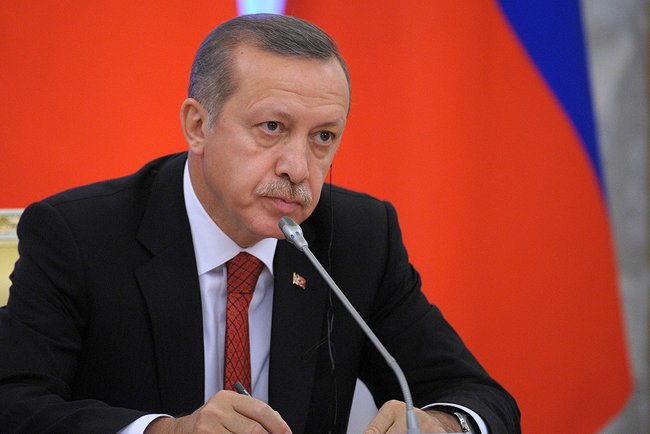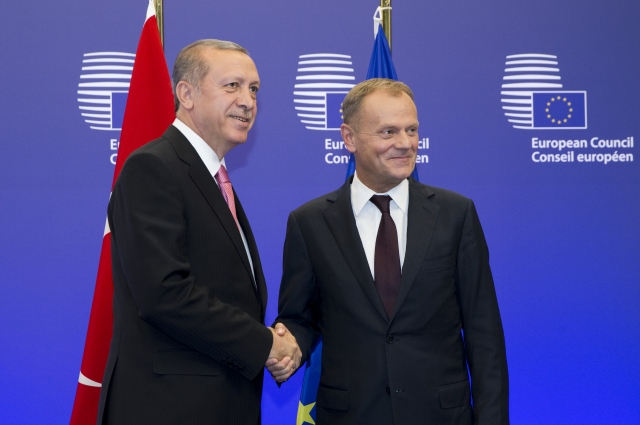
How the Action Plan led Turkey in Europe and Erdoğan in power
External Relations 26 October 2015Just few days after his tour in Strasbourg and Brussels, the Turkish President Recep Tayyip Erdoğan came back to Belgium in order to meet again the EU leaders. There were lots of issues on the table, that night, during the last European Council meeting on the 15th of October: obviously migration was the biggest piece of the bittersweet cake. The meeting focused on the opportunity to deliver further resources to help Ankara managing the refugee issue, in exchange for fast development of visa-liberalisation for Turks.
Facing a refugee crisis they seem unable to control, EU leaders tried to meet the ambitious requests made by the Turkish President.
Timmerman reported some of the priorities highlighted by Turkey and the related ambitious requests regarding “a yearly payment of €3 billion, visa-free travel for the Turkish nationals to the EU, the opening of five accession negotiation chapters, regular summits between the Turkish President and the 28 EU heads of state and government, and the classification of Turkey as a ‘safe’ country of origin”. At the conclusion of the summit, the Commission and Council Presidents both appeared in front of the press announcing an “Action Plan” with Turkey.
During the visit of Erdoğan to Brussels on 5 October, Turkey had already given a lukewarm sign to a Commission plan proposal. That plan said financial resources were available for all the steps involved to help Turkey cope with its Syrian and Iraqi refugees. Some step forward have been recognized in those dossiers debating the long-lasting Turkish EU membership story and the strengthening of the EU external border.
In particular, the “behind the scene” aspect of the readmission agreement is that it would finally tie up Turkey to accept back not only its own nationals, but the nationals from third countries who have crossed illegally into the EU coming from Turkey.
Regarding money, it can be argued that conclusions just affirmed that the EU and its Member States want to “increase cooperation with Turkey and step up their political and financial engagement substantially under the established framework”. Even though many EU diplomats said the figure of 3 billion euro was simply unavailable, German Chancellor Angela Merkel said that such amount of cash seemed reasonable.
The Parliamentary elections that will be held on 1 November in Turkey are strongly seen as a risky speculation by Erdoğan and a useful opportunity to regain a majority for his AKP party. This strategy of flexing the muscle before the EU leaders is likely to put Erdoğan in a preferential position as the leader dictating conditions to Europe – and his political support might get a boost.
Considering that the EU law allows leaders to be represented at the summit by Heads of State or Governments of other countries, it is necessary to remark a thoughtful aspect of the last European Council summit. It was already known before the summit that Greek Prime Minister Alexis Tsipras would have represented the President of Cyprus, Nicos Anastasiades, who travelled to China in official visit.
Cyprus states the visit had been already planned truly before. On the other hand, many officials believe Cyprus made a diplomatic move to help fellow EU members tackle the Turkish dossier without fearing a Cyprus veto.




